Provide you with the latest enterprise and incustry news
Web Menu
Product Search
Exit Menu
Efficiency and Precision: How Tin Can Sealing Machines Are Revolutionizing Packaging
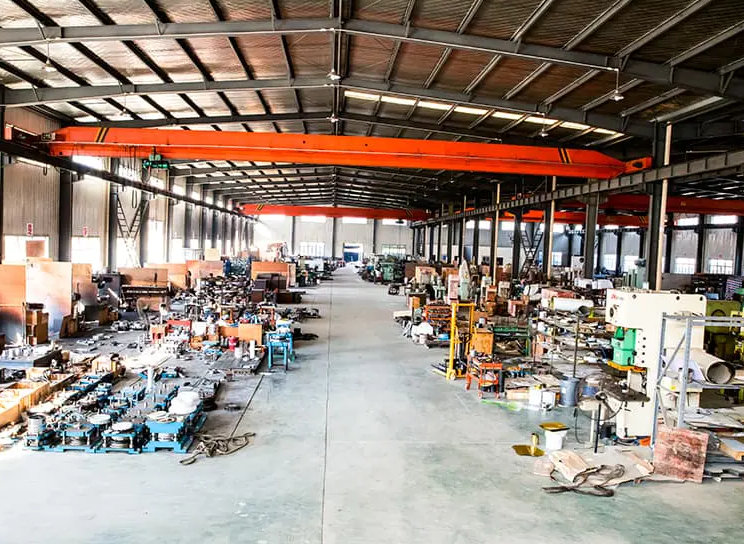
Related Products
-
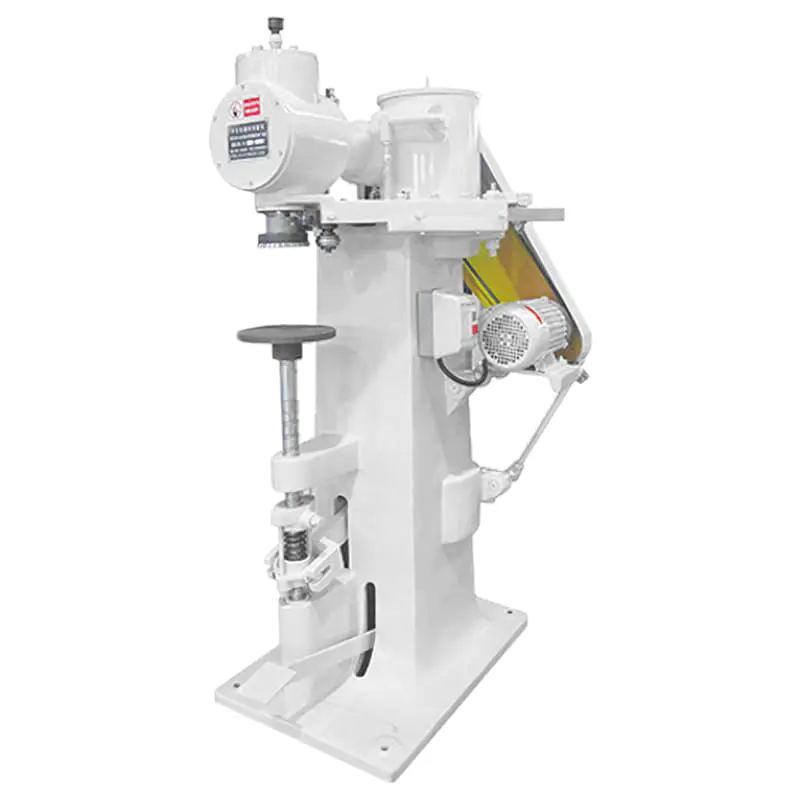
Lk/Bmm-1 Semi-Automatic Circular Can Sealing Machine
Cat:1-5L Round Can Production Line
Starting batch: ≥1 set Custom processing: Yes Brand: Lucky Can Model: bmm-1 Product alias: semi-automatic round tin can sealing machine Use: productio...
See Details -
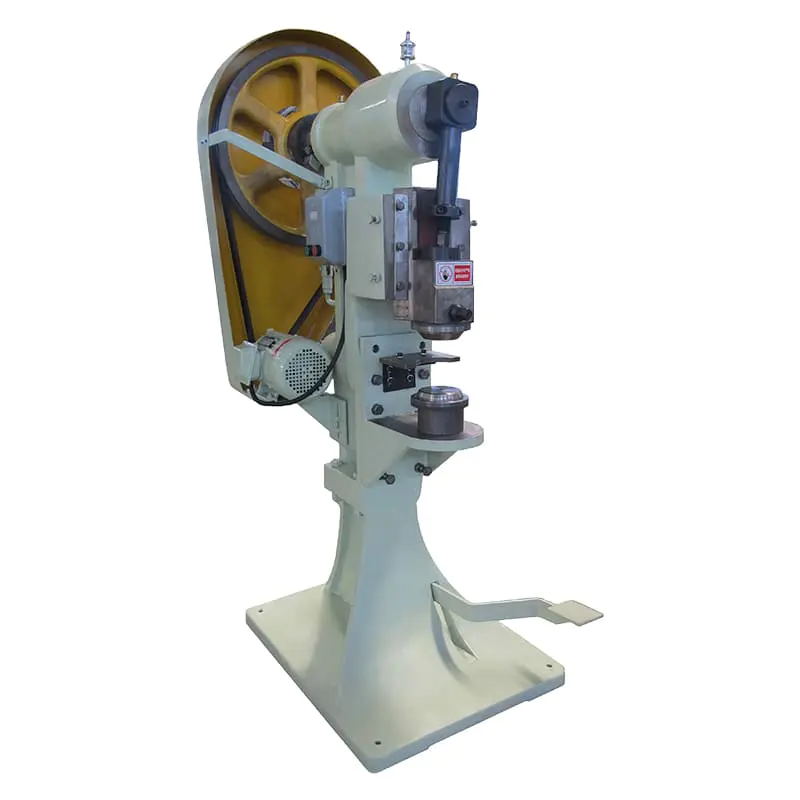
Lk/Tp9000(B) Type Flat Flanging Machine
Cat:1-5L Round Can Production Line
Starting batch: ≥1 set The tp9000 flattening and flanging machine is a small and medium-sized stamping and flattening machine. It is mainly used for ...
See Details -
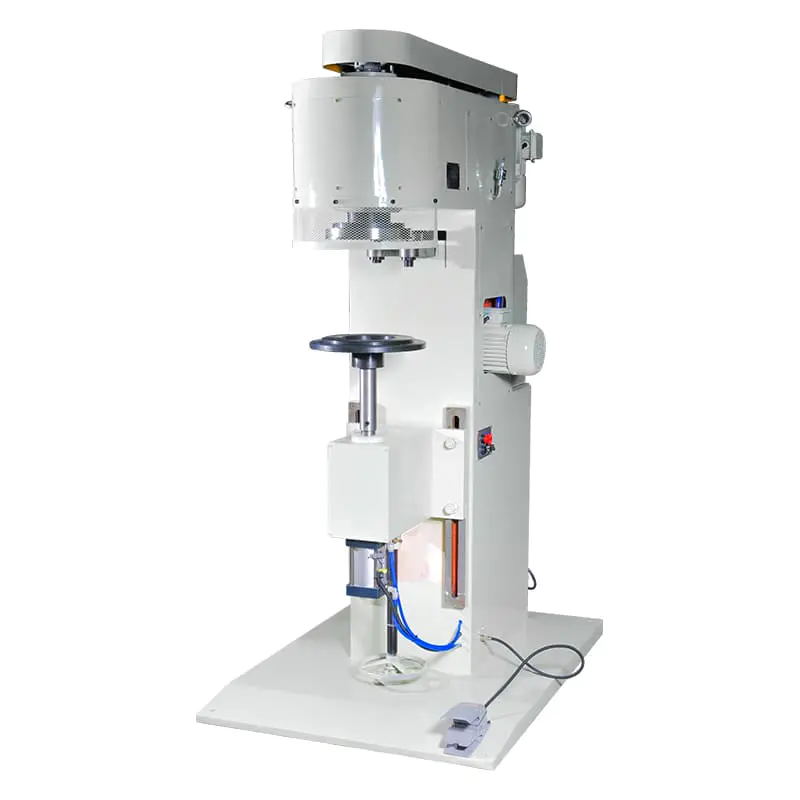
Lk/Bqf400 Pneumatic Sealing Machine
Cat:1-5L Square Can Production Line
This machine is suitable for the bottom sealing of vacuum cleaner barrels, insurance powder barrels and other packaging container barrels.
See Details -
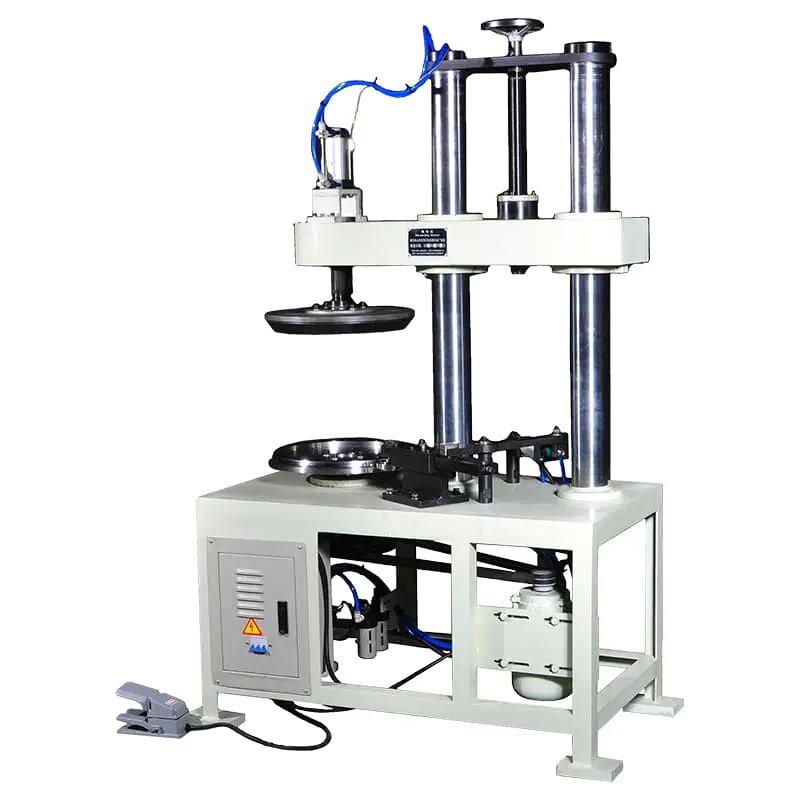
Lk/Qdy400 Pneumatic Pre-Bending Machine
Cat:Vacuum Cleaner Pail Production Line
This machine is suitable for the front process of hollow crimping. After pre-bending, the yield of the back winding is increased, and the winding do...
See Details -
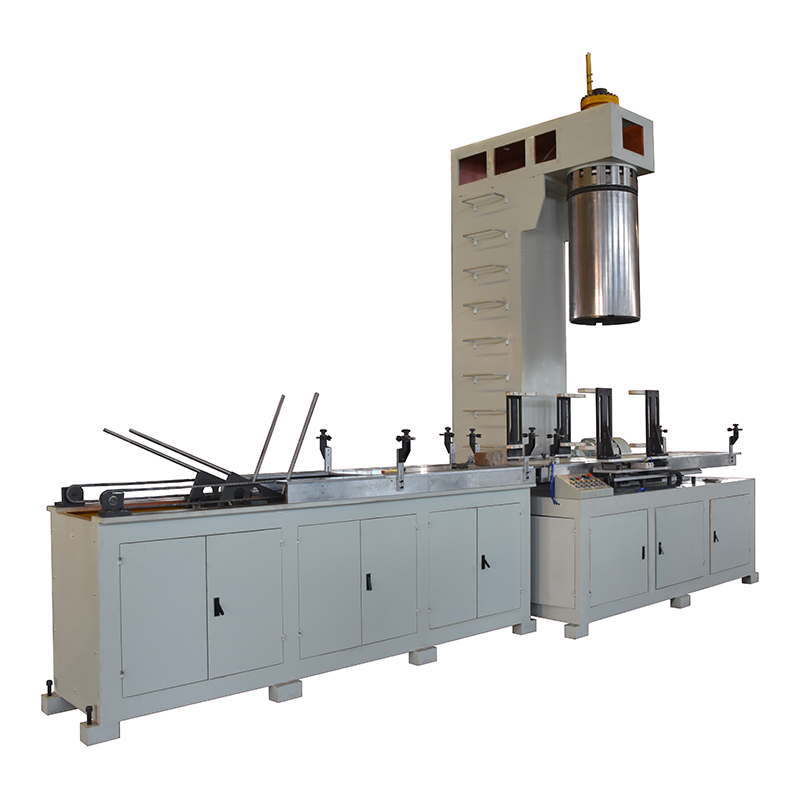
200L Round Expanding Machine
Cat:200L Drum Production Line
200L Round Expanding Machine is a highly efficient and automated blow molding equipment specially designed for producing 200L round plastic barrels. I...
See Details -
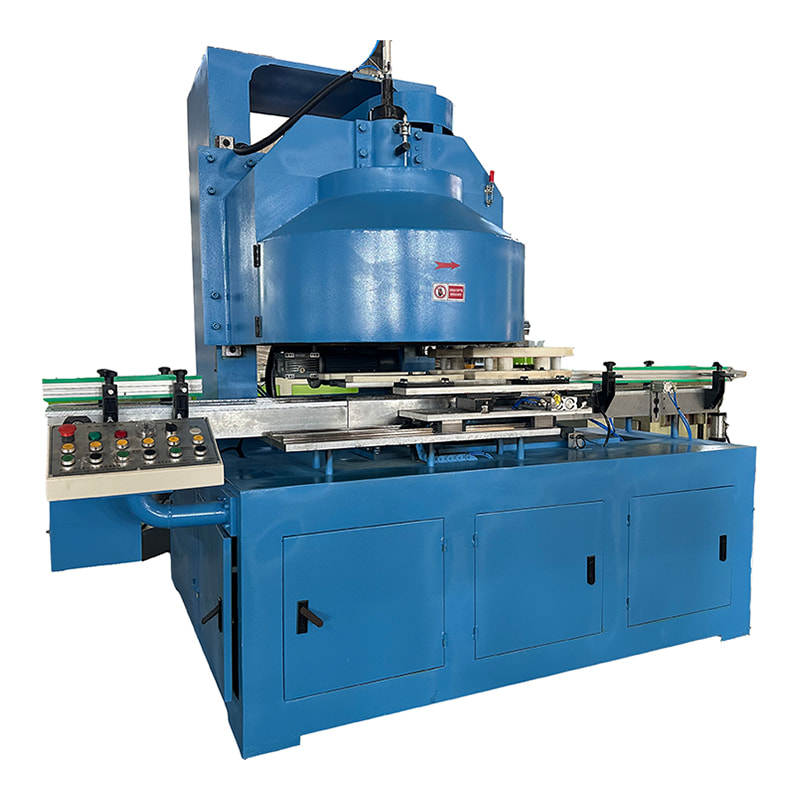
Three-Roller Automatic Can Sealing Machine
Cat:Automatic Can Seaming Machine
The three-roller automatic can sealing machine is a highly efficient automated packaging equipment, widely used in food, beverage, chemical and other ...
See Details -
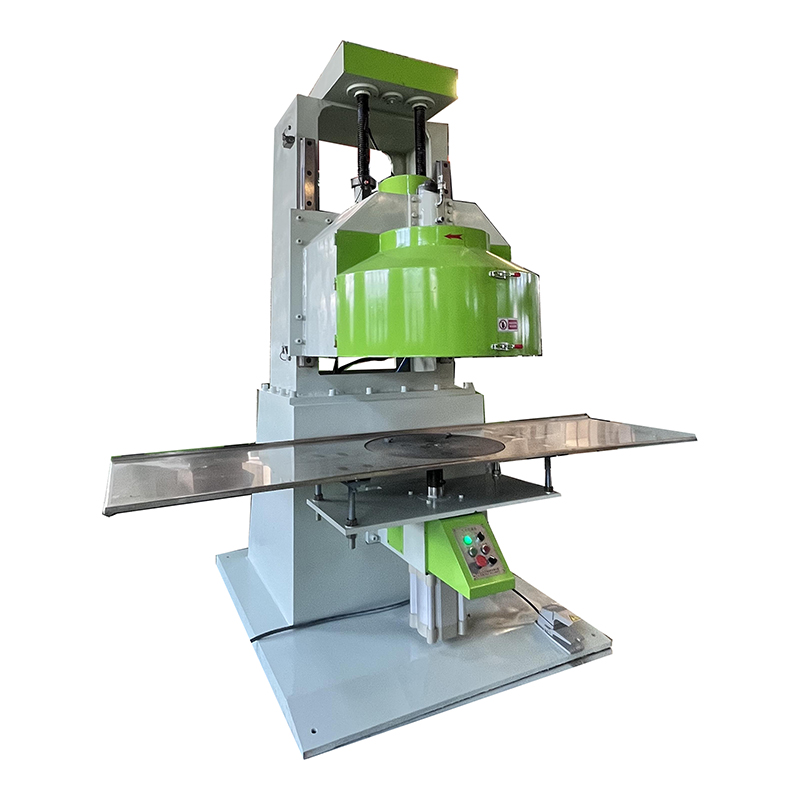
40CPM 10-20L Automatic Seam Welding Machine
Cat:Automatic Can Seaming Machine
A 10-20L automatic seam welding machine is a type of equipment used for joining materials together by welding along a seam. This type of machine is ty...
See Details -

Lk/Bmm-1 Semi-Automatic Circular Can Sealing Machine
Cat:1-5L Round Can Production Line
Starting batch: ≥1 set Custom processing: Yes Brand: Lucky Can Model: bmm-1 Product alias: semi-automatic round tin can sealing machine Use: productio...
See Details -

Lk/Tp9000(B) Type Flat Flanging Machine
Cat:1-5L Round Can Production Line
Starting batch: ≥1 set The tp9000 flattening and flanging machine is a small and medium-sized stamping and flattening machine. It is mainly used for ...
See Details -

Lk/Bqf400 Pneumatic Sealing Machine
Cat:1-5L Square Can Production Line
This machine is suitable for the bottom sealing of vacuum cleaner barrels, insurance powder barrels and other packaging container barrels.
See Details -

Lk/Qdy400 Pneumatic Pre-Bending Machine
Cat:Vacuum Cleaner Pail Production Line
This machine is suitable for the front process of hollow crimping. After pre-bending, the yield of the back winding is increased, and the winding do...
See Details -

200L Round Expanding Machine
Cat:200L Drum Production Line
200L Round Expanding Machine is a highly efficient and automated blow molding equipment specially designed for producing 200L round plastic barrels. I...
See Details -

Three-Roller Automatic Can Sealing Machine
Cat:Automatic Can Seaming Machine
The three-roller automatic can sealing machine is a highly efficient automated packaging equipment, widely used in food, beverage, chemical and other ...
See Details -

40CPM 10-20L Automatic Seam Welding Machine
Cat:Automatic Can Seaming Machine
A 10-20L automatic seam welding machine is a type of equipment used for joining materials together by welding along a seam. This type of machine is ty...
See Details
-
gt4a28-zd automatic sealing and sealing machine factory custom direct sale (graphic)
Reference Price: RMB 39000.00 (Please consult for the latest quotation) Starting batch: ≥1 set...
-
[Low noise] gt4a28f pneumatic sealing machine [wholesale price]
price: 32000.00 yuan (Reference price, please consult for the latest quotation) Starting batch...
-
Add a new chapter to the product---Fully-automatic lid-dropping can-sealing machine (picture and text)
After repeated demonstrations, tests and modifications, Lucky once again launched new products, whi...
-
The website of Zhoushan Dinghai Lekai Can Machinery Factory is online!
Dinghai Lekai Can Making Machinery Factory is located on the coast of the East China Sea, the beaut...
-
[Semi-automatic round tin can sealing machine] price
Reference price: 18000.00 yuan (for the latest quotation, please consult) The main technical...
-
gt4a28-zd automatic sealing and sealing machine factory custom direct sale (graphic)
Reference Price: RMB 39000.00 (Please consult for the latest quotation) Starting batch: ≥1 set...
-
[Low noise] gt4a28f pneumatic sealing machine [wholesale price]
price: 32000.00 yuan (Reference price, please consult for the latest quotation) Starting batch...
-
Add a new chapter to the product---Fully-automatic lid-dropping can-sealing machine (picture and text)
After repeated demonstrations, tests and modifications, Lucky once again launched new products, whi...
-
The website of Zhoushan Dinghai Lekai Can Machinery Factory is online!
Dinghai Lekai Can Making Machinery Factory is located on the coast of the East China Sea, the beaut...
-
[Semi-automatic round tin can sealing machine] price
Reference price: 18000.00 yuan (for the latest quotation, please consult) The main technical...
-
gt4a28-zd automatic sealing and sealing machine factory custom direct sale (graphic)
Reference Price: RMB 39000.00 (Please consult for the latest quotation) Starting batch: ≥1 set...
-
[Low noise] gt4a28f pneumatic sealing machine [wholesale price]
price: 32000.00 yuan (Reference price, please consult for the latest quotation) Starting batch...
Copyright LK MACHINERY CO., LTD. All Rights Reserved Easy Open Tin Can Machine Factory Custom Can Making Machine Manufacturer

 English
English русский
русский عربى
عربى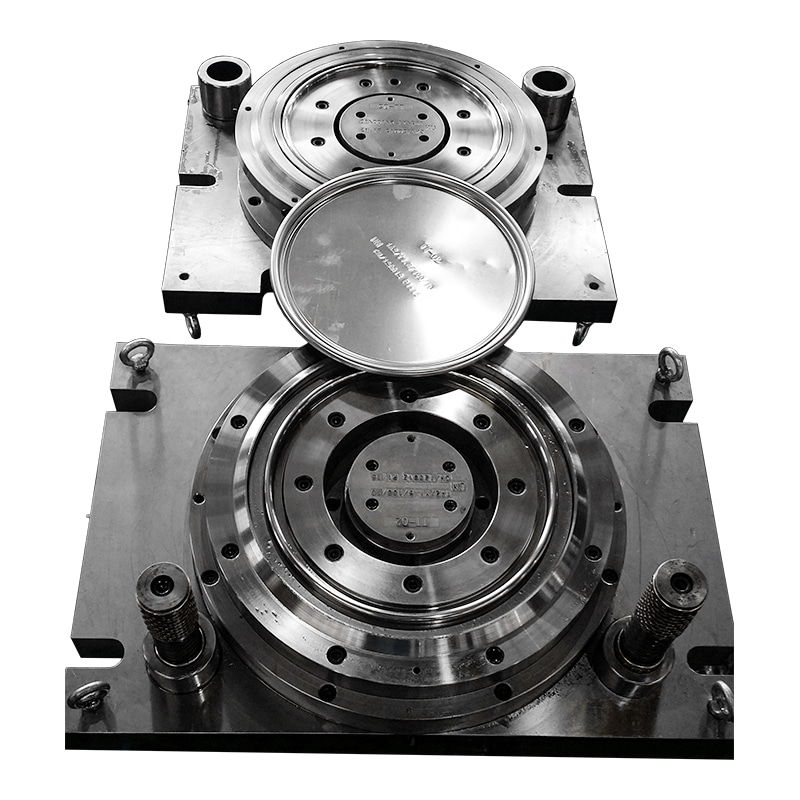
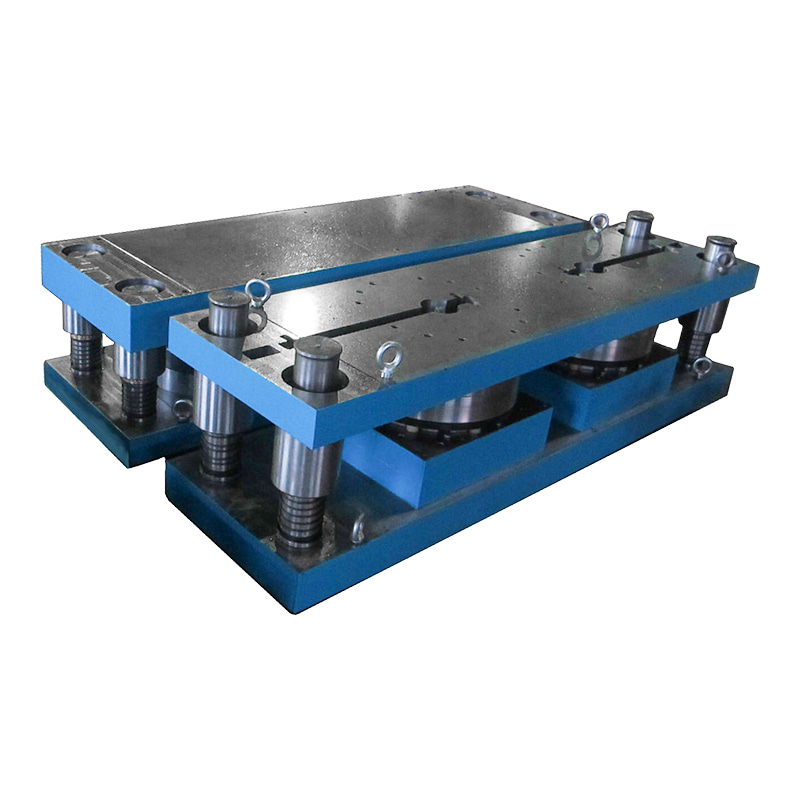
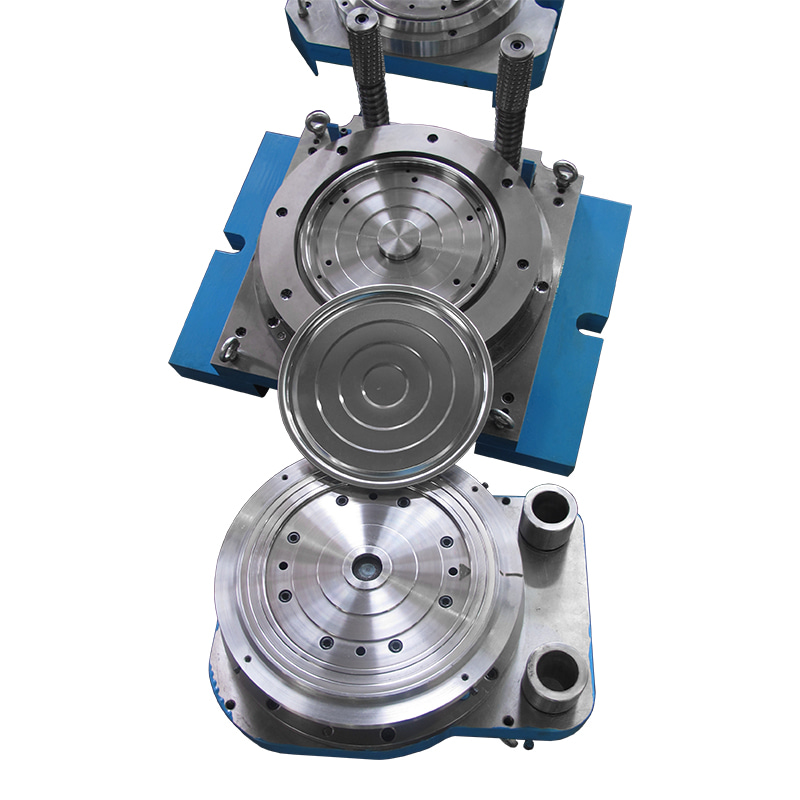


Contact Us